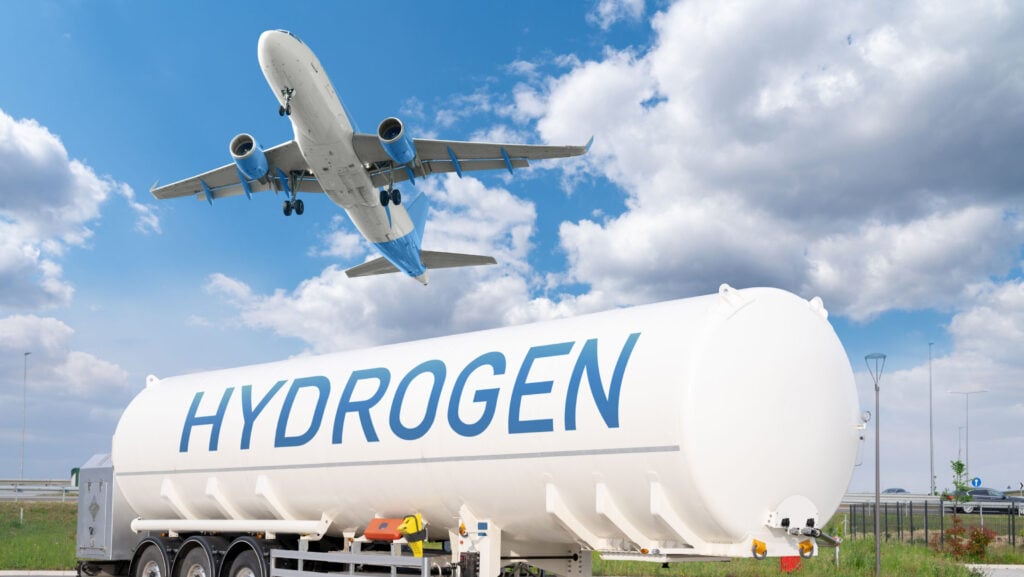The UK Civil Aviation Authority (CAA) has announced the first three companies selected to participate in its Hydrogen Challenge Sandbox to spur innovation of hydrogen propulsion for net zero aviation emissions.
The regulator will work closely with the project teams to increase readiness for introducing hydrogen fuel and associated technologies across the industry.

The CAA launched the Hydrogen Challenge in November 2023 to help realize hydrogen’s potential as a zero-carbon emission fuel option. Projects were chosen to accelerate the development of hydrogen-powered flight and ground operations. Learning will be shared between participants and the CAA to resolve certification and regulation challenges.
Cranfield Aerospace Solutions is developing a hydrogen fuel cell-powered aircraft drivetrain for testing and flight trials. The CAA collaboration will focus on assessing safety issues and risk mitigations for their novel drivetrain configuration. The project’s success could pave the way for fuel cell retrofits on existing aircraft.
Improving the environmental sustainability of airport ground operations is the goal of a study between Exeter Airport, TUI, ULEMCo, Cranfield University and other stakeholders. Hydrogen fuel conversions for aircraft tugs, generators and other equipment will be explored. The consortium will work with CAA to review hazard assessments and shape guidance for adopting the technology.
With a hydrogen-electric Dornier 228 already flying test missions, ZeroAvia brings practical experience introducing hydrogen propulsion. They will get feedback from CAA on their safety case and risk models for hydrogen-electric engine retrofit aimed at full-scale certification projects in the future.
While highlighting the environmental benefits, Cranfield’s Head of Design, Johannes Hien, said, “being able to collaborate on the basis of real-life test examples and data should hugely benefit the building of a new regulatory framework.”
The CAA Hydrogen Challenge creates structured engagements between regulators and innovators needed to adapt regulation for radical new technology. The lessons learned will inform standards and certification milestones as hydrogen propulsion scales from demos to mainstream deployments.
With aviation a notoriously hard industry to decarbonize, projects like these should lay the foundations for the UK’s Jet Zero Strategy and net zero 2050 commitment. If hydrogen takes off as envisioned, it could impact everything from fuel logistics to airframe materials and airport facilities.
TLDR:
- UK aviation regulator selects 3 hydrogen fuel projects to prepare for net zero emissions goals
- Companies picked have initiatives on hydrogen aircraft engines, fuel cells, ground vehicles
- CAA collaboration to tackle safety, risks, and shape certification frameworks early on
- Seen as stepping stone to mainstream hydrogen propulsion in commercial aviation







